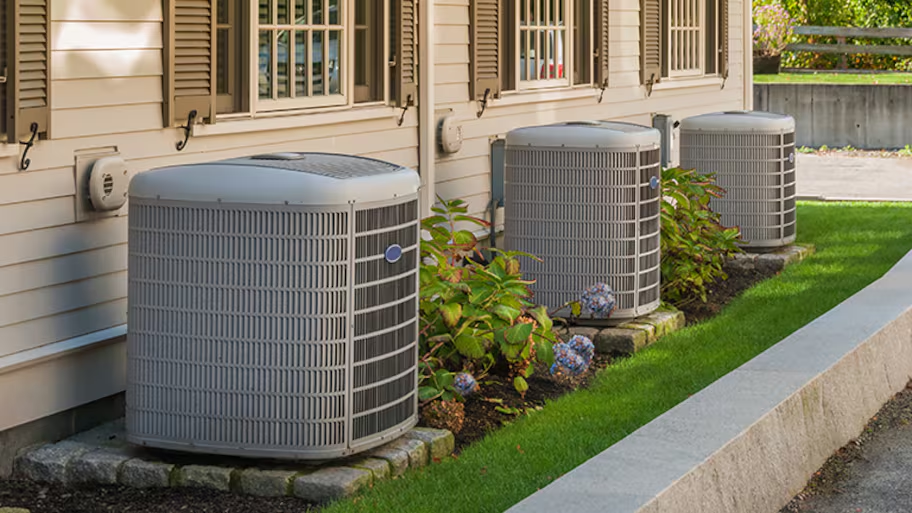
Get matched with top gas log pros in Fort Pierre, SD
Enter your ZIP and get matched with up to 5 pros
Need a pro for your gas log service project in Fort Pierre, SD?
Find Gas log pros in Fort Pierre
No results for Gas log pro in
Try adjusting your search criteria.The homeowners guide to home care is here
From average costs to expert advice, get all the answers you need to get your job done.

HVAC replacement costs depend on a lot of factors, like unit type, size, and labor. See what you can expect to pay for HVAC replacement here.

Discover the primary whole-house air filtration system cost factors when installing one in your home to help remove airborne contaminants and allergens.

Getting AC and furnace replacement done at the same time can lead to huge benefits for your wallet and your home. Here’s everything you need to know.

While costly to install, heat pumps are an efficient and eco-friendly way to heat and cool your home, no matter the season.

A whole-house humidifier costs between $400 and $800, but can have an ROI of 40%. Learn if adding this HVAC appliance is worth it for you.

An AC coil is an expensive part to replace and it won’t always be the right investment. Learn whether to replace a coil or the entire system.
- Carpet Cleaning in Fort Pierre
- Fencing in Fort Pierre
- Windows in Fort Pierre
- Electrical in Fort Pierre
- Tree Service in Fort Pierre
- Moving in Fort Pierre
- Exterior Painting in Fort Pierre
- Insulation in Fort Pierre
- Doors in Fort Pierre
- Roofing in Fort Pierre
- Landscaping in Fort Pierre
- Concrete Repair in Fort Pierre
- Swimming Pools in Fort Pierre
- Contractor in Fort Pierre
- Painting in Fort Pierre
- Glass And Mirrors in Fort Pierre
- Roofing in Fort Pierre
- Plumbing in Fort Pierre
- Tree Service in Fort Pierre
- Kitchen And Bath Remodeling in Fort Pierre
- Electrical in Fort Pierre
- Concrete Repair in Fort Pierre
- Exterior Painting in Fort Pierre
- Windows in Fort Pierre
- Landscaping in Fort Pierre
- Lawn And Yard Work in Fort Pierre
- Siding in Fort Pierre
- Fencing in Fort Pierre
- Flooring in Fort Pierre
- Garage Doors in Fort Pierre
- 🌱 "Mow a small front yard"
- 🛠 "Fix a leaking pipe under the sink"
- 🏠 "Repair shingles on an asphalt roof"